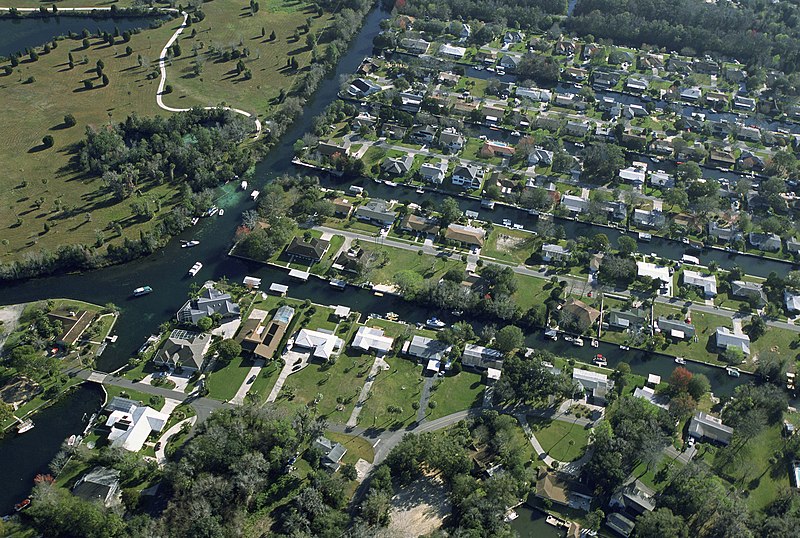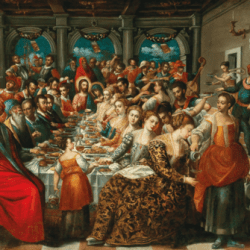Josh Canning lays down the challenge here: How do we make time for evangelization in our lives?
Half the battle is wanting to, of course. That requires conversion and discipleship.
But suppose you’ve experienced the conversion, and given your life over to a relationship with Jesus Christ as your Lord and Savior, and do in fact want to answer that call of the baptized to go and preach the good news and make disciples of all nations? Why is it so dang difficult?
When I read this post at the Southern Fried Catholicism blog, I was deeply disturbed. I knew it was an accurate description of how parish life really works: The priest is off doing priest-things with the half-dozen busy retirees who make the church go round, while the families and couples and singles are caught up in their utterly separate lives.
We accept this as normal. It’s as if we think you don’t even become a real, active Catholic until you turn sixty-five. Or as if the lives of Christian young people, married or not, ought to revolve around our secular hobbies and entertainment.
Meanwhile, Jennifer Fulwiler set out another piece of the puzzle here: Where we live matters. How close your parish is to your home dramatically changes your ability to show up and participate, or to have other parishioners show up at your place.
There’s another angle her column didn’t have time to address, which is that the problem runs both ways: Where your parish is situated dramatically affects its ability to engage the local community. How easy it to hold a Eucharistic procession that the neighbors can actually see? How easy it to walk out into the streets and invite people to step inside for prayer?
We claim to have a “faith community” but most of us don’t, not much of one. How often do you say hello to your pastor because you happen to be walking down the block one way, and he’s walking the other, because the two of you live and work in the same neighborhood where your parish is, and it’s just normal to run across each other as you go about your daily business?
Americans live disjointed lives. When we have that conversion experience, God may well become the center of our life, but the parish church typically remains this place we only go when we make a special trip.
We faithful Catholics don’t live together. We simply do not. I’m not going to end up chatting with the head of my parish St. Vincent de Paul society while I stand in line at the grocery store, because we live in different parts of town and shop at different stores. Which means I won’t happen to hear in passing that they are looking for someone with the talent that I have, or that my children have.
Not only will I virtually never get an update from those who visit the sick (finding out what the needs are, for example), but I’m unlikely to even know if a fellow parishioner is sick, or how sick. I probably don’t know my pewmates’ names, even, because we exchange the sign of peace every week and then go home to our separate lives. When I was absent from my parish for four months with a serious illness, on my return one of the regulars asked after me. “I was wondering what happened to you,” she said. She was genuinely concerned, but as far as she knew, I’d just switched Mass times or something.
Our lives our so separate that every Catholic thing we do, every communal act, is a massive effort. To get any kind of effort underway in our fragmented parishes requires a major marketing campaign followed by a huge logistical problem-solving exercise. For a disciple trying to figure out how to give a little more time to the Lord, it’s the same effort in reverse. I have to figure out what’s going on, then try to figure out if I can work it into my life that mostly takes place in other places with other people.
We don’t live together, therefore we don’t serve together. How can we? These hurdles are real. Can we overcome them? Yes, to a certain extent. But we will always be fighting against the barriers of distance and fragmentation.
So when we ask about “making time” let me counter by asking whether we’ve made a community?

Photo by U.S. Fish and Wildlife Service Headquarters (Urban SprawlUploaded by Dolovis) [CC BY 2.0], via Wikimedia Commons












